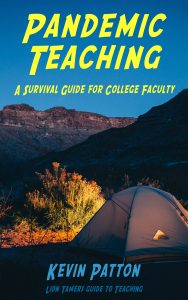 | |
| Jules Jacot, St.Louis Zoo |
Of course, she's right. Neuroscientists continue to demonstrate that our brains do indeed become much more capable of insight, wisdom, and problem solving as we age. This train of thought got me thinking about old lion tamers. Really, I swear to it!
Sometimes people ask me who the best lion tamer is or was. Although in my mind there are several close contenders, my immediate response is always Jules Jacot
Whenever other animal trainers find out that I grew up in St. Louis, they asked me if I knew Jules Jacot. Although he never became famous to the public, he was very well known and respected among circus people and zoo people.
When I first began working with big cats, I noticed that most of the new acts were being put together by elderly lion tamers, most of whom did not perform in public anymore. Jules Jacot had just put together a new act shortly before he died (in his sleep) at age 81.
At first I wondered why it was the older trainers, rather than the younger and presumably more energetic trainers, that were being hired for these challenging jobs training new groups of lions and tigers. It's one thing to present an existing act but quite another to quickly put a new act together with young, untrained wild animals.
Eventually, I came to realize that the older trainers were so good at training cats that they could put a really good act together in a much shorter time than a younger trainer could. Of course! These older men and women had experimented over a lifetime and their experience allowed them to apply their distilled wisdom to each new training assignment.
I soon learned that if I wanted to become a successful wild animal trainer, I needed to seek out the wisdom of these experienced trainers. A few of them have written books that contain the fruit of their experience. I read and reread as many of these books as I could. I sought older trainers and asked them to tell me stories about how they do what they do.
When they offered to let me watch them train and practice and perform, I jumped at the chance! It was amazing to me how quickly each of them could read their animals and use that information to train them quickly, efficiently, and with very little stress to the animal or the trainer.
I think this is a good lesson for us as educators. Teachers who have spent a lifetime experimenting with different approaches and techniques, teachers who have seen hundreds or even thousands of unique students over their careers, can be a wealth of information and insight for beginning teachers. For all of us.
In my modest experience, I have seen some new teachers quickly blossom into effective teachers and others not fare quite so well. And most often, the difference is whether they invested time and effort into reading and watching the "old masters" at work.
No matter where we are in our teaching careers, I think we can benefit from sitting in on a class or two taught by an experienced colleague.
Here's a good place to start . . . What the Best College Teachers Do

